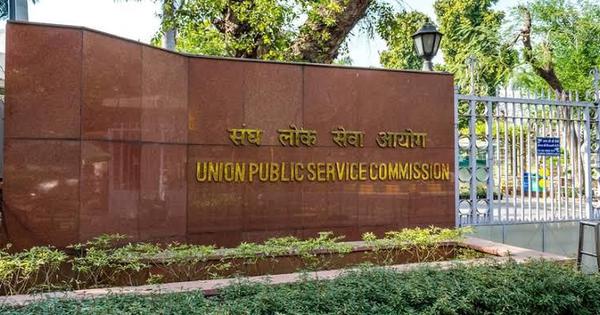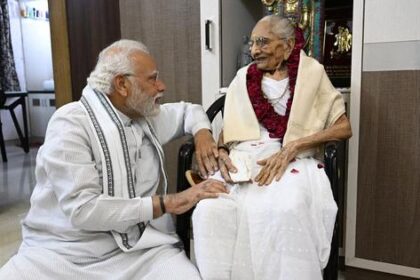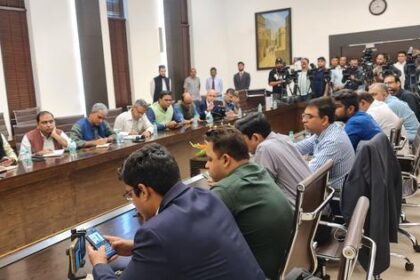UPSC chairperson emphasizes zero tolerance for cheating and plans new document verification measures.
Ajay Kumar, the chairperson of the Union Public Service Commission (UPSC), announced plans to begin accepting candidates’ certificates through DigiLocker, a government cloud-based platform designed for document storage and verification. This initiative aims to address ongoing concerns regarding examination malpractices, particularly in light of recent cases such as that of former IAS trainee Puja Khedkar.
During an interview with Doordarshan, Kumar highlighted the frequent doubts surrounding the authenticity of certificates submitted by candidates. He noted, “Questions often arise whether the certificates submitted have been issued by the issuing authority.” By utilizing DigiLocker, the UPSC seeks to ensure that the certificates are genuine and issued appropriately.
Kumar also addressed the implications of the Khedkar case, which has raised significant scrutiny regarding cheating and the submission of fraudulent documents. He reaffirmed the commission’s strict stance against dishonesty, stating, “We have absolutely zero tolerance to cheating.” Candidates found guilty of cheating are subject to severe penalties, including a suspension period of at least three years. In cases involving criminal cheating, legal action will also be pursued, he stated.
The Khedkar case specifically has drawn attention due to the nature of the allegations against her. In September of the previous year, she was dismissed from the Indian Administrative Service after the UPSC cancelled her selection. It was determined that she had improperly availed benefits intended for the Other Backward Classes and for individuals with disabilities. Despite these allegations, Khedkar has denied any wrongdoing and is currently contesting the cancellation of her candidature in the Delhi High Court.
Kumar’s comments reflect a broader effort by the UPSC to maintain the integrity of its examination process. By implementing the use of DigiLocker, the commission aims to streamline document verification and mitigate the risks associated with fraudulent submissions. The initiative signifies a proactive approach in response to the challenges posed by examination malpractice, ensuring that only qualified candidates are recognized and selected for public service roles.
As the UPSC prepares to roll out these new verification measures, it is clear that the agency is committed to upholding high standards of honesty and integrity within its recruitment processes. The outcome of the Khedkar case and the effectiveness of DigiLocker in verifying certificates will likely serve as critical benchmarks for the commission’s future efforts in combating examination fraud.








